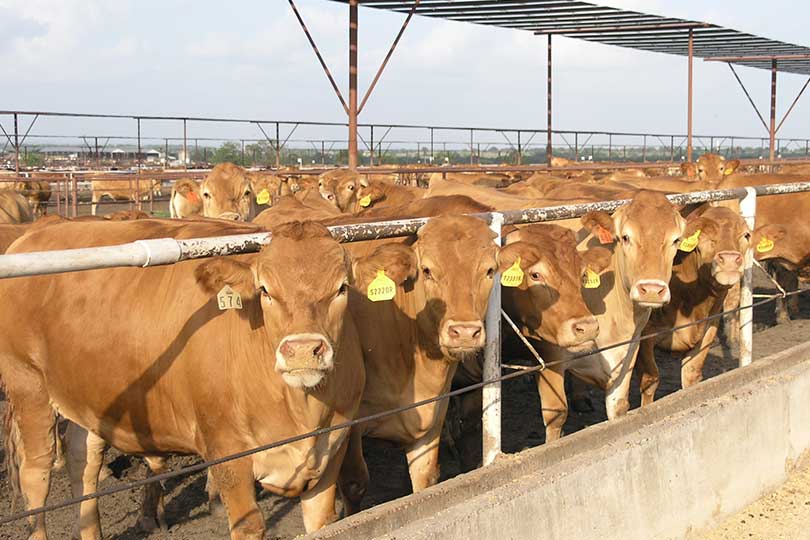Consumers should see ample supplies of their favorite meats in 2017. Brisk demand will keep prices from falling too much further, though cattle and hog producers have seen supply-driven prices.
Those were major points made by Dr. Karl Skold, head of agricultural economics at JBS, at a workshop at the American Farm Bureau Federation’s 2017 Annual Convention and IDEAg Trade Show in Phoenix, Ariz.
Skold said a historically unusual situation of expanding herds, growing supply and significant demand is driving an overall positive outlook for producers of beef and pork.
“Start with lower feed costs,” Skold said. “And the economy continues to improve. We are nearing full employment and wages are picking up.” Skold said these trends are showing up in how consumers are making meat choices.
“We are seeing a big jump in eating meat but we are also seeing a shift to steaks,” Skold said. “We haven’t seen this big a jump in demand in a long time.”
This is encouraging news for ranchers who have seen steep declines in cattle prices from record-highs only a year ago.
The situation with pork is similar, Skold said, and pork has been profitable until a fourth quarter drop last year. Per capita pork consumption has been stuck in the neighborhood of 50 pounds per person for some time. Pork is more dependent on the export market.
Skold also said per capita consumption over all meats, including chicken, is going up, tracking lower prices, but beef is gaining favor again with the ample supplies. The economist said that surveying retailers revealed that they had not priced steak as low in the last quarter of 2016 in six years.
“You go to the meat case and you see $5.99 steaks, you’re going to buy them,” he said. “You see $9.99, we’re going to feed the Johnsons coming over chicken.”
But Skold said the prices are spurring significant increases in demand.
Skold noted exports would be a huge factor in continuing health for the livestock sector. There are what he called “headwinds,” starting with a strong U.S. dollar against most other currencies.
Other nations cannot buy as much U.S. meat with their own currencies. He said that many of the gains in U.S. per capita consumption have already been realized. The industry may have to seek additional gains in the export market. “You have the population increasing at six-tenths or eight-tenths per year and you get supply increasing 4, 5 or 6 percent, you’re going to have to export it.”
Skold said consumers should see many opportunities to stock up on beef and pork as huge supplies will encourage demand.
“Consumers have really returned and are eating more meat,” he said.

